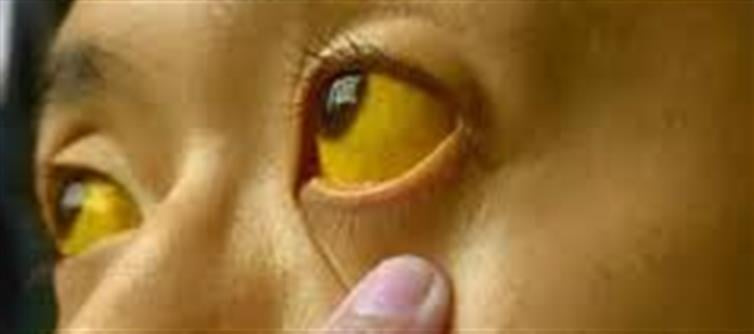
Kidney disease can manifest in various ways, and some symptoms may be noticeable on the face and neck. Understanding these signs can be crucial for early detection and management of the condition.
One of the most common indicators is facial swelling. This can occur due to fluid retention, which is often a result of impaired kidney function. When the kidneys are unable to efficiently filter waste and excess fluids, it can lead to puffiness around the eyes and general facial swelling.
Another symptom to watch for is changes in skin color. Individuals with kidney disease may develop a pale or sallow complexion. Additionally, a yellowish tint to the skin could indicate an accumulation of toxins that the kidneys are unable to filter out properly.
It’s also important to note any unusual rashes or dry skin. Kidney dysfunction can lead to a decrease in the body’s ability to maintain proper hydration levels, resulting in dryness and irritation of the skin. It’s not uncommon for these skin issues to become more pronounced on the face and neck.
Moreover, individuals with kidney disease may experience itchiness, particularly in areas like the neck. This can result from the buildup of waste products in the bloodstream, which the kidneys are unable to eliminate, leading to discomfort and irritation.
Finally, a noticeable change in body odor, often described as a metallic or ammonia-like smell, can also be a sign of kidney issues. This change may become apparent on the face and neck, adding to the overall symptoms.
In conclusion, being vigilant about the signs of kidney disease that appear on the face and neck can aid in early diagnosis and treatment. If you observe any of these symptoms, it’s important to consult a healthcare professional for further evaluation.
Disclaimer:
The views and opinions expressed in this article are those of the author and do not necessarily reflect the official policy or position of any agency, organization, employer, or company. All information provided is for general informational purposes only. While every effort has been made to ensure accuracy, we make no representations or warranties of any kind, express or implied, about the completeness, reliability, or suitability of the information contained herein. Readers are advised to verify facts and seek professional advice where necessary. Any reliance placed on such information is strictly at the reader’s own risk..jpg)




 click and follow Indiaherald WhatsApp channel
click and follow Indiaherald WhatsApp channel